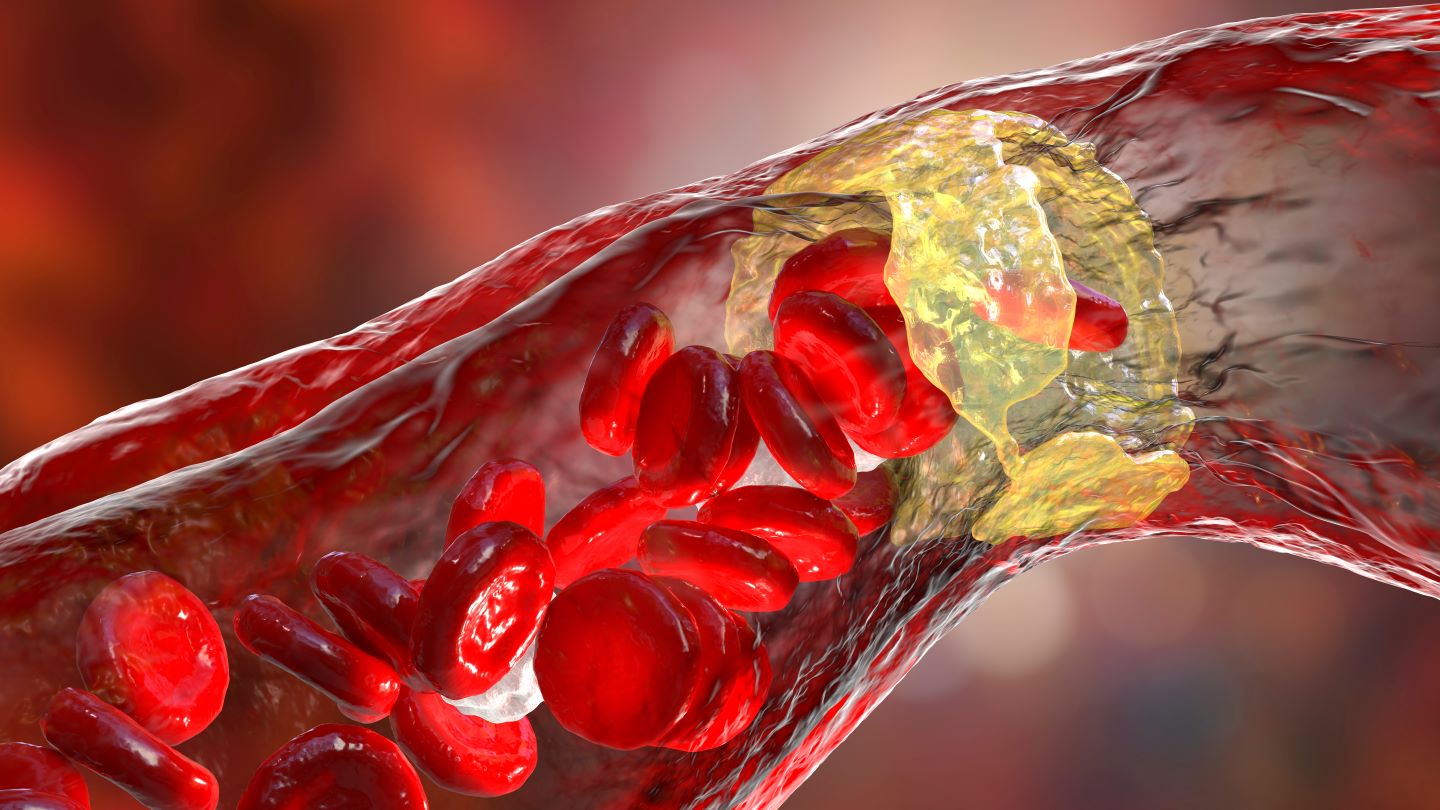
Silence Therapeutics has reported positive topline data from the multiple-dose part of the Phase I APOLLO clinical trial of Zerlasiran (previously SLN360) to treat atherosclerotic cardiovascular disease (ASCVD).
The double-blind, placebo-controlled trial enrolled 36 adults with stable ASCVD and lipoprotein(a) [Lp(a)] levels at or more than 150nmol/L at baseline.

Discover B2B Marketing That Performs
Combine business intelligence and editorial excellence to reach engaged professionals across 36 leading media platforms.
In the trial, either 200mg, 300mg or 450mg of Zerlasiran was given to subjects in two subcutaneous doses at separate intervals.
According to the findings, Zerlasiran offered a substantial decline of up to 99% from baseline in Lp(a) at 90 days.
At the end of the treatment period, Lp(a) levels were nearly 90% less than baseline at the two highest doses tested in the trial.
Furthermore, a dose-based decline in low-density lipoprotein cholesterol (LDL cholesterol) and apolipoprotein B (ApoB) was noted.

US Tariffs are shifting - will you react or anticipate?
Don’t let policy changes catch you off guard. Stay proactive with real-time data and expert analysis.
By GlobalDataIn the trial, Zerlasiran was found to be well tolerated without any clinically significant safety issues detected.
A short interfering RNA, Zerlasiran can reduce the Lp(a) production.
Silence Therapeutics president and CEO Craig Tooman said: “We are extremely pleased to see the excellent results we saw in healthy volunteers translate to our target population.
“Zerlasiran delivered essentially complete Lp(a) knockdown on repeated dosing with greater durability than seen with single doses.
“The safety profile also continues to be very well suited for chronic use in a very large global population.”
Apart from this Phase I trial, Zerlasiran is being analysed in the Phase II ALPACAR-360 trial in subjects with Lp(a) levels at or more than 125 nmol/L and are at high ASCVD event risk.
The company plans to report 36-week and 48-week data in the first quarter and second quarter of next year, respectively.





